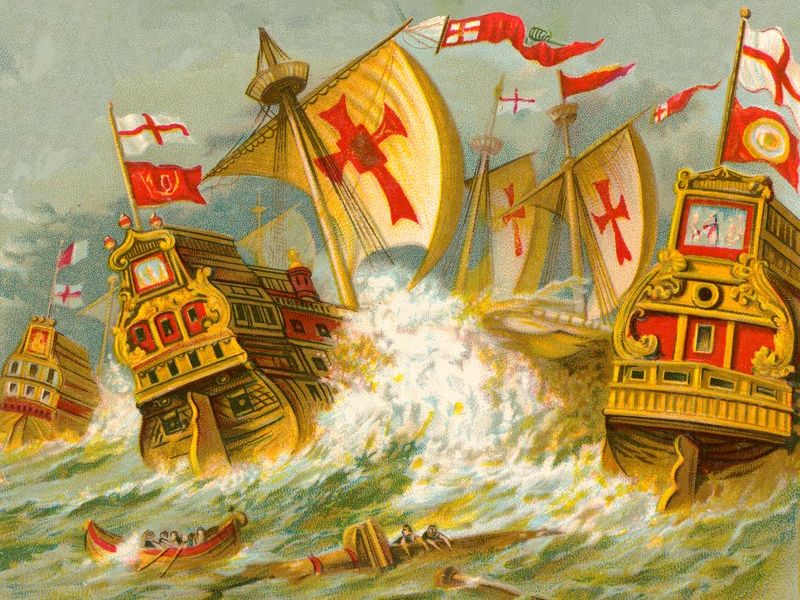Mr. M's Learning Emporium
I am currently an Assistant Principal in Australia and prior to this post, I was a Deputy Headteacher in the UK. My History classes sustained a six-year average P8 of +0.63 and an ALPS 3. I also consistently attained the most Grade 9s and A*s at my large, non-selective secondary comprehensive school. I was a Senior Examiner and attended a plethora of CPD that gave me a really sound insight into the demands and expectations of the GCSE and A-Level specifications to achieve student success.






















